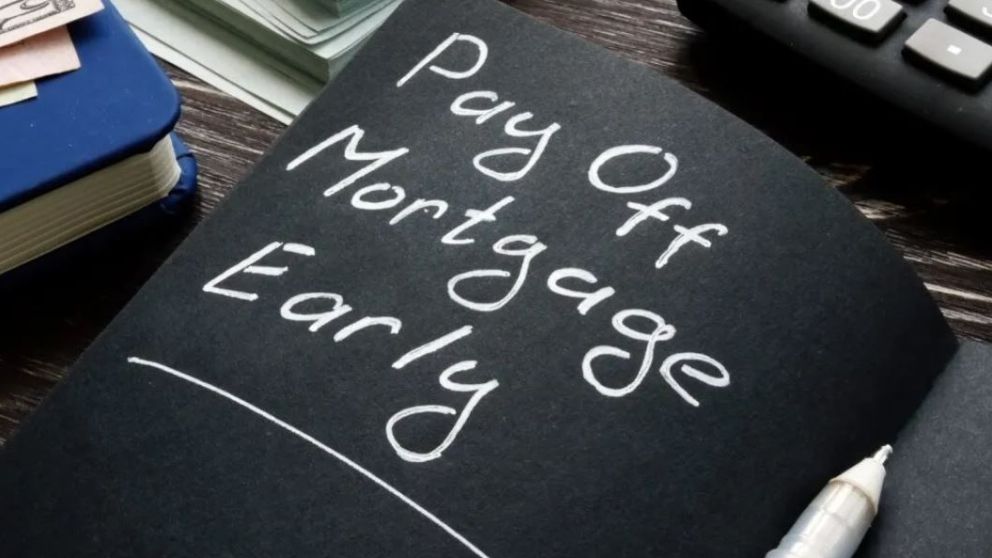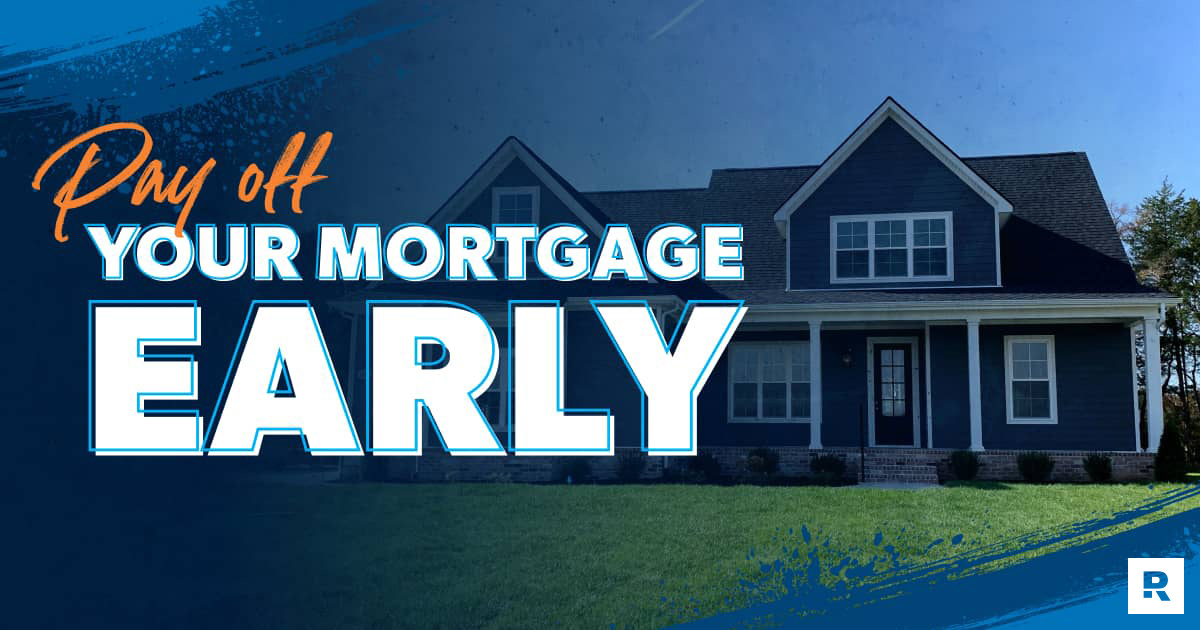5 Reasons Not To Pay Off Your Mortgage Early

Imagine the weight lifting off your shoulders – the satisfaction of sending that final mortgage payment, knowing your home is finally, truly yours. The celebratory dinner, the sense of freedom... it's a powerful dream. But before you rush to empty your savings and accelerate your path to mortgage freedom, take a deep breath. Sometimes, the most intuitive decisions aren't always the most financially sound.
While the idea of owning your home outright is undeniably appealing, paying off your mortgage early isn't always the smartest move. This article will explore five compelling reasons why you might be better off keeping that mortgage around a little longer and investing your money elsewhere.
1. The Power of Investment Returns
One of the most significant arguments against early mortgage payoff lies in the potential for investment returns. Instead of channeling extra funds into your mortgage, consider investing in stocks, bonds, or mutual funds.
Historically, the stock market has delivered average annual returns significantly higher than typical mortgage interest rates. Let's say your mortgage rate is 4%, but you believe you can achieve an average return of 7% in the stock market. In this scenario, investing the extra funds would be more beneficial in the long run.
Remember to carefully consider your risk tolerance and consult with a financial advisor to determine the best investment strategy for your individual circumstances.
2. Tax Advantages of Mortgage Interest
Mortgage interest is often tax-deductible, which can significantly reduce your overall tax burden. This deduction can be particularly beneficial in the early years of your mortgage when a larger portion of your payments goes towards interest.
Consult with a tax professional to determine how much you can deduct and whether it makes financial sense for you to accelerate your mortgage payments. According to the IRS, homeowners can deduct the mortgage interest paid on the first $750,000 of debt for married couples filing jointly and $375,000 for single filers.
By strategically leveraging the mortgage interest deduction, you can effectively lower the cost of borrowing, making it a less expensive option than initially perceived.
3. Maintaining Liquidity and Financial Flexibility
Life is unpredictable. Unexpected expenses, such as medical bills or home repairs, can arise at any time. Having readily available cash or liquid investments provides a crucial safety net during emergencies.
Locking up a large sum of money in your home equity by paying off your mortgage early reduces your liquidity and can leave you vulnerable in times of financial need. Keeping those funds accessible in savings or investment accounts allows you to weather unexpected storms without resorting to high-interest debt.
A study by the Federal Reserve consistently highlights the importance of emergency savings in household financial stability. Having a financial cushion can provide peace of mind and prevent long-term debt issues.
4. Opportunity Cost: Other Investment Options
Paying off your mortgage early could mean missing out on other potentially lucrative investment opportunities. Perhaps you've considered starting a business, investing in real estate, or funding your children's education.
These alternative investments might offer higher returns than the savings you'd achieve by eliminating your mortgage interest payments. Weigh the potential benefits of these opportunities against the advantages of early mortgage payoff.
Carefully evaluate your financial goals and risk tolerance to determine the best allocation of your resources, remembering that diversifying your investments can often mitigate risk and maximize potential returns.
5. Low Mortgage Rates: Inflation Hedge
In a period of rising inflation, a fixed-rate mortgage can be a valuable asset. Your mortgage payments remain constant while the value of your money decreases, effectively making your debt cheaper over time.
With inflation eroding the purchasing power of currency, a low-interest mortgage can act as a hedge against inflation. The real cost of your mortgage diminishes as prices rise, making it more advantageous to hold onto the debt rather than eliminate it.
Consider this dynamic when deciding whether to pay off your mortgage early, especially in an inflationary environment. Consulting with a financial advisor can help you navigate these complex economic factors.
Ultimately, the decision of whether or not to pay off your mortgage early is a personal one that depends on your individual financial circumstances, risk tolerance, and long-term goals. While the allure of a debt-free home is strong, carefully consider these five reasons before making the leap. A well-informed financial strategy, tailored to your specific needs, will ultimately lead to greater financial security and peace of mind.


:max_bytes(150000):strip_icc()/sick-of-mortgage-payments-pay-off-your-home-early-453826_Final-201fc508b83c4f839d73a7a8bb4d1098.png)















